.jpg)
The Center for Investigative Journalism in Moldova (CIJM) organized a new meeting of the Investigative Journalists' Club on Monday, July 10. The topic discussed during the meeting was false news and information aimed at discrediting the justice system reform. The Club's guests, the President of the Pre-Vetting Commission, Herman von Hebel, the Director of the Independent Press Association (API) and the StopFals portal, Petru Macovei, and the Agency for Court Administration, Petru Vârlan, shared their opinions on the speculations surrounding the justice reform and the methods of combating them.
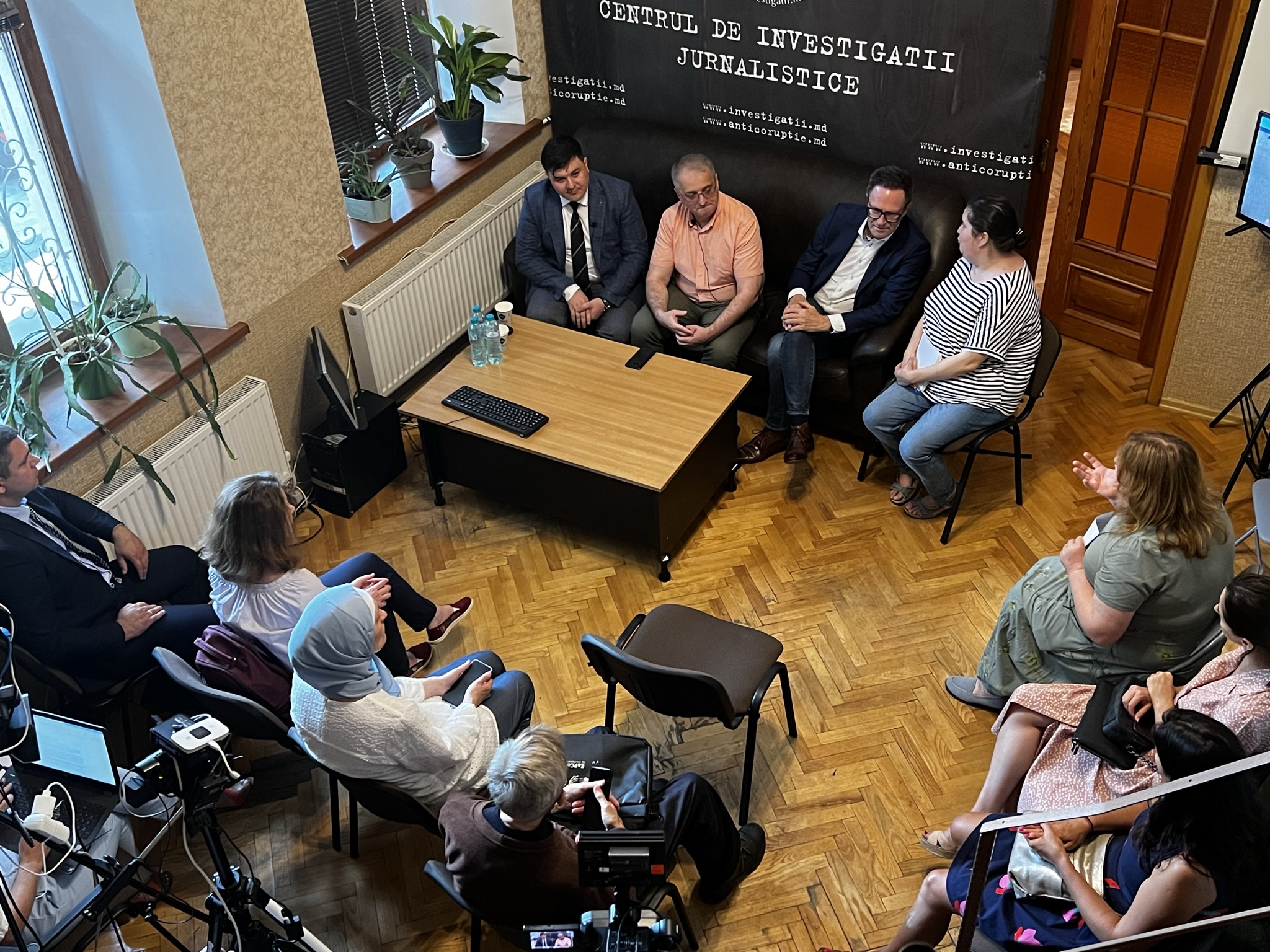
Implementing changes is difficult, especially when it concerns a priority field such as justice. This is the opinion of the President of the Pre-Vetting Commission, Herman von Hebel, who welcomed the initiation of these discussions.
"For me, it is complicated to define what is false information and disinformation. It is all related to perspective. There are different opinions regarding the Commission's work. Some agree, others disagree, but that is part of the whole. It is about change, and sometimes people don't like change. That's why it is important for me to have such discussions, as it enhances the quality of justice in the Republic of Moldova and the citizens' trust in the judiciary. Every citizen has the right to high-quality justice," stated von Hebel.

Herman von Hebel is a part-time judge in criminal cases at the Court of Appeal in Den Bosch, the Netherlands. He has 17 years of experience accumulated in four international criminal courts, as well as 10 years of experience as a legal advisor in the Dutch Ministry of Foreign Affairs and the Ministry of Justice. He developed the roadmap for establishing the High Anti-Corruption Court in Ukraine. He has trained court presidents and managers on effective court management practices and the development of a Code of Ethics for judges in Georgia. Currently, he serves as the President of the Pre-Vetting Commission. This commission was established in April 2022 in the Republic of Moldova with the aim of verifying the financial and ethical integrity of judges and prosecutors aspiring to positions in the Superior Council of Magistracy (CSM) and the Superior Council of Prosecutors (CSP) - the pillars of judicial power.
The President of the Pre-Vetting Commission also mentioned that the commission's work gathers different comments from society, ranging from positive to negative. Criticisms directed at the commission revolve around the extended decision-making process regarding specific candidates under review.
"If I were to talk about the difficulties encountered by the pre-vetting commission that I lead, I must mention two aspects. It is said that we examine the materials for a very long time, on the other hand, we pay attention to very minute aspects related to financial and ethical integrity. As for time, it is important for us to do our job well, so that the decisions we issue are of high quality, and for that, we need to evaluate each piece of information in detail. We need to conduct a fair assessment because their reputation as judges and prosecutors also depends on it. And the second aspect is related to the fact that we pay attention to small details. We believe that you cannot be a little bit corrupt or more corrupt, either you are or you are not. You must be absolutely honest. For this reason, we evaluate in detail to establish the overall integrity of the candidate. We have been criticized in the context of the political affiliation of certain candidates, but that is why we have three international members. When we came to the country, we had no idea about the political affiliation of a certain candidate," stated Herman von Hebel at the club.
On the other hand, the Deputy Director of the Judicial Administration Agency, Petru Vârlan, confirmed that most of the time, fake news is what ultimately shapes public opinion in society.
"We hear a lot about fake news, a lot of communications. Currently, each person consumes a lot of information. People call us daily and inquire about certain situations, and we recommend them to consult websites that already have a very good experience and credibility. We also try to conduct surveys at the level of litigants to see the feedback from citizens in this regard and what improvements we can make. In general,, a survey was conducted in collaboration with USAID, regarding fake news and the population's views on judicial reform, which indicated that individuals who have no connection to the judiciary and have not been involved in judicial proceedings have a negative reaction, mentioning that the system is very corrupt and inefficient, while those who have had a court case responded very positively. This shows that public opinion is formed based on the information that appears in public," stated Vârlan.
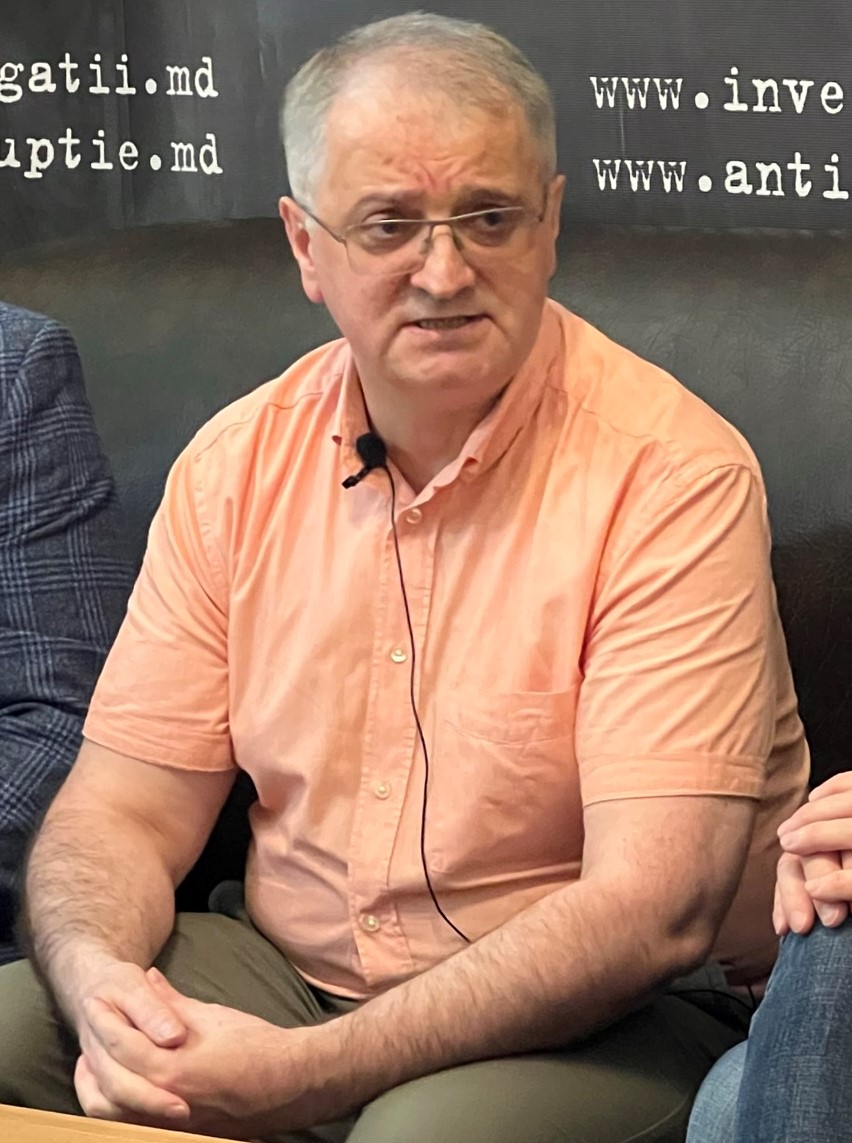
The special guest of the club, the director of API, Petru Macovei, highlighted in his speech the three categories of people responsible for spreading false information about the judicial reform process in society. According to him, these categories include politicians, the evaluated subjects (judges, prosecutors), and experts.
"All three of these categories greatly influence public opinion. We cannot blame ordinary people for believing that - Maia Sandu set up a Pre-vetting Commission to remove the judges who harmed her in the past - because that's what politicians convey. Yes, it would have been good for people in our country to have more critical thinking, to try to verify certain information, but considering the numerous daily problems they have, I think it is too much to ask them to know so many details. If a person turns on the television in the evening and a judge or expert transmits false messages about reform, then that person will definitely adopt that point of view. Therefore, both politicians and the subjects of declaration and experts contribute to these false and speculative statements about judicial reform and, specifically, the pre-vetting process, gaining a certain magnitude. If you go now and discuss in Gagauzia, for example, I guarantee that 95% of the people will tell you that the Pre-Vetting Commission is a cartoon made by the judiciary to remove undesirable judges from the system," emphasized Macovei.
Furthermore, the President of API believes that when falsehoods are regularly transmitted, they become more difficult to combat. Moreover, in a context where society continues to be polarized, people become dependent on political opinion, and the information disseminated, fueled by defamatory expressions and falsehoods, forms a distorted picture of what is happening in society.
Regarding solutions to combat falsehoods about judicial reform, participants emphasized the need for more communication on this topic. Civil society should provoke discussions and show more interest. Additionally, experts recommended that the media write about the decisions made and analyze each stage of evaluating a specific candidate in depth, including the hearings conducted in the Supreme Court of Justice, where the final opinion on judges and prosecutors who did not pass the integrity test of the Pre-Vetting Commission will be formulated.

Cornelia Cozonac, the President of the Center for Journalistic Investigations, mentioned that the Anticoruptie.md portal publishes materials daily about the process of judicial reform and the subjects involved, as well as the harmonization of legislation.
"The journalists at the Center have repeatedly demonstrated that some judges and prosecutors lack transparency and honesty when completing their asset and interest declarations. The investigations carried out have revealed significant discrepancies between the assets they had and the declared income. Furthermore, based on CIJM investigations, some prosecutors have been suspended from their positions and criminally investigated," stated Cozonac.
The Investigative Journalists' Club was organized as part of the project "Journalists Against Propaganda and Disinformation" and is supported by International Media Support (IMS) from Denmark.
Textele de pe pagina web a Centrului de Investigații Jurnalistice www.anticoruptie.md sunt realizate de jurnaliști, cu respectarea normelor deontologice și sunt protejate de dreptul de autor. Preluarea textelor știrilor și a investigațiilor jurnalistice se realizează în limita maximă de 500 de semne. În mod obligatoriu, în cazul paginilor web (portaluri, agenții, instituţii media sau bloguri) trebuie indicat şi linkul direct la articolul preluat de pe www.anticoruptie.md în primul alineat, iar în cazul posturilor de radio și TV – se citează obligatoriu sursa.
Preluarea integrală a textelor se poate realiza doar în condiţiile unui acord prealabil semnat cu Centrul de Investigații Jurnalistice.
Donors:
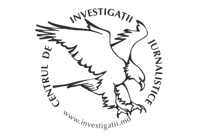
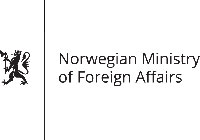

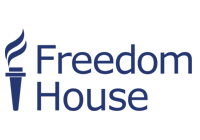
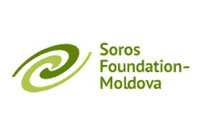
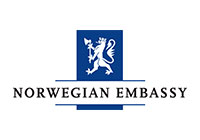
Partners:









